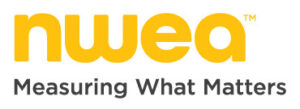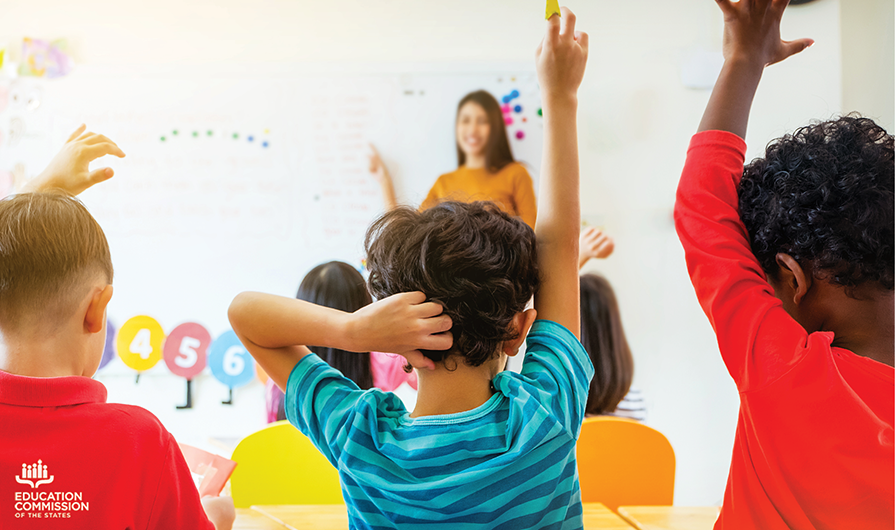 As spring turns to summer each year, teachers and principals start to plan for their incoming kindergarteners. They work with community partners, like United Way or local preschools, to identify the preschool students likely to attend their school. Schools typically invite families to an evening school event preparing them for registration, bussing, school food, and more while transition programs go even deeper to prepare them for the fall. Through these programs, families meet with teachers, counselors and other parents to establish and grow the relationships that are critical for early learning success. These efforts build valuable on-ramps for teachers, children and families to stronger relationships rooted in communication and social and emotional development.
As spring turns to summer each year, teachers and principals start to plan for their incoming kindergarteners. They work with community partners, like United Way or local preschools, to identify the preschool students likely to attend their school. Schools typically invite families to an evening school event preparing them for registration, bussing, school food, and more while transition programs go even deeper to prepare them for the fall. Through these programs, families meet with teachers, counselors and other parents to establish and grow the relationships that are critical for early learning success. These efforts build valuable on-ramps for teachers, children and families to stronger relationships rooted in communication and social and emotional development.
COVID-19 school closures mean a lot of these efforts are likely not happening this year, and many families may be going without the critical information they need about their kindergartener’s transition to school, regardless of the brick-and-mortar or online setting. Should redshirting be an option for them? And is there an opportunity to mitigate the barriers to this choice that historically underserved families face?
The pros and cons of academic redshirting for kindergarteners
Delaying the age of school entry is purported to benefit students by allowing them to gain additional skill development so they can enter school with higher levels of achievement. During times as uncertain as these — when children are facing daily challenges ranging from the closure of their favorite park to the loss of a loved one to COVID — more time for emotional development before entering kindergarten could help.
Academic redshirting requires additional costs for most families, however. While public preschool offerings are growing, they are not widespread, so families who can afford to keep their kids in preschool an additional year are typically more advantaged, leading to increases in the income-based achievement gap.
In addition, research provides mixed takeaways about the effect of school entry age on short- and long-term outcomes. NWEA researchers used MAP® Growth™ data across three states to study students born within 30 days of the school entry cutoff date. The study aimed to determine the impact of being a year older at kindergarten entry on students’ academic growth during the first three years of school and to understand to what extent the findings varied by gender, race or ethnicity, and state. In alignment with other research, the study found there are immediate advantages to entering kindergarten a year older, but these advantages fade later in the early elementary years.
Three considerations for educators and policymakers this year
Parents with children entering kindergarten, like me, are grappling with the decision to send them to school.
All the while, policymakers and educators are grappling with how to protect young students in physical school environments through a variety of hybrid and distance learning models. There are unique challenges to hygiene and learning challenges for our youngest learners in the brick-and-mortar setting, outlined during a recent National PTA webinar.
Here are some of the ways policymakers and educators can support incoming kindergarteners and their families:
- Invest in the hold-out year to provide families options. If a community finds value in the short-term advantages many students experience by delaying kindergarten, it is worthwhile for education leaders to consider offsetting the costs of additional preschool for historically underserved families. In some cases, this may become a more systemic solution if a community can develop a public preschool program. For example, one Oregon county has collaborated with private, public and social leadership to develop a ballot measure that would fund an accessible childcare and preschool program for their families.
- Develop looping-type options for bridging preschool with kindergarten distance learning. The practice of looping, where a teacher remains with student for more than one year, is fairly common in elementary schools so students can reap the social and emotional benefits of consistency in adult relationships. Kindergarteners are introduced to many new educators and mentors during their first year in elementary school. This all-new experience creates a unique transition point that will be further complicated by pandemic-impacted schooling. To address the fragmented nature of the preschool-to-kindergarten transition this year and potential for additional adverse childhood experiences, local elementary schools and preschools can create a looping-type experience for kindergarteners. This might look like early childhood educators at preschools attending virtual kindergarten classes a few days each week throughout the first few months of school.
- Keep parents at the helm of these decisions. It is critical that elementary schools and preschools keep parents and families involved in any planning to support incoming kindergarteners or those deciding to delay their kindergarten entrance next year. The reality is that parents who are sending their children to kindergarten next year are seeing the news about the realities of reopening schools daily and they’re evaluating their district’s reopening plans and attempting to make informed decisions. Next year, education leaders have a unique opportunity to develop community-owned schools where parents are partners in making systemwide decisions for their children and others.




